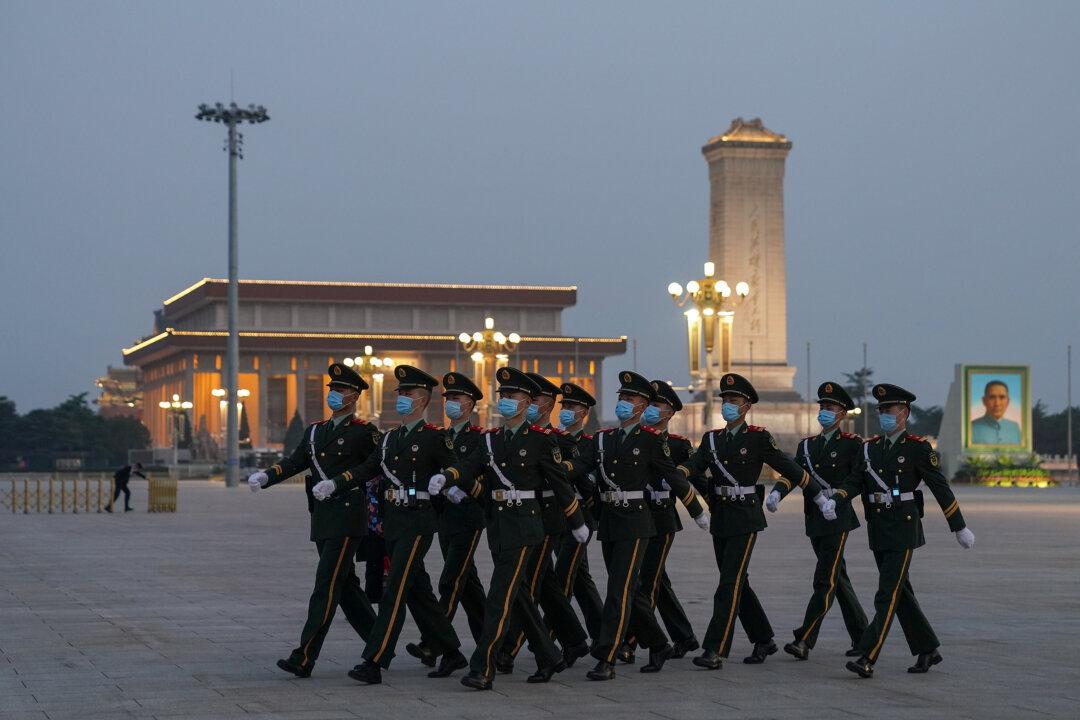China’s central government announced that the national Lianghui—when the Communist Party’s rubber-stamp legislature convenes to enact policies and agendas—will be held from May 21–22 in Beijing, after initially postponing the meeting because of the pandemic.
More than 5,000 delegates from around the country typically participate.





